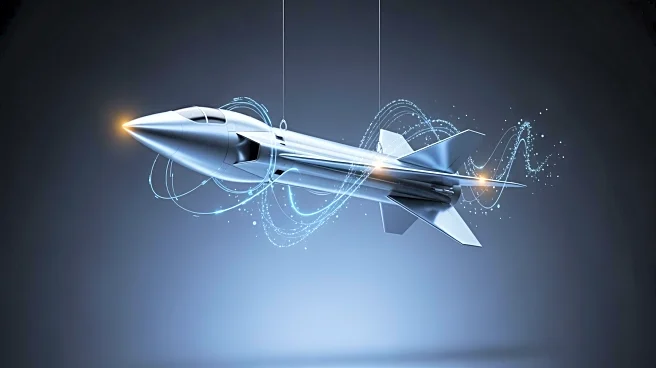Rapid Read • 6 min read
Firefly Aerospace has concluded its investigation into the failure of its Alpha rocket during an April mission for Lockheed Martin. The failure was attributed to 'plume induced flow separation,' where exhaust disrupts airflow around the rocket. The incident resulted in the destruction of the rocket's first-stage booster and engine nozzle extension. Firefly plans to increase heat shielding and adjust flight angles to prevent future failures. The company has received FAA clearance to resume launches.
AD
The investigation highlights the technical challenges faced by aerospace companies in ensuring successful rocket launches. The failure underscores the importance of understanding aerodynamic phenomena and implementing corrective measures. Firefly's ability to address these issues is crucial for maintaining its reputation and fulfilling contracts with major clients like Lockheed Martin. The incident may prompt other aerospace companies to review their launch procedures and safety protocols. As the space industry grows, ensuring reliability and safety in rocket launches becomes increasingly vital.
Firefly Aerospace is preparing for its seventh launch attempt, another mission for Lockheed Martin. The company will implement the corrective measures identified in the investigation to enhance the reliability of its rockets. The success of future launches will be critical for Firefly's market position and ability to secure contracts. The aerospace industry will closely monitor Firefly's progress and response to the launch failure. The company's ability to demonstrate consistent launch success will be key to its long-term growth and competitiveness.
AD
More Stories You Might Enjoy











